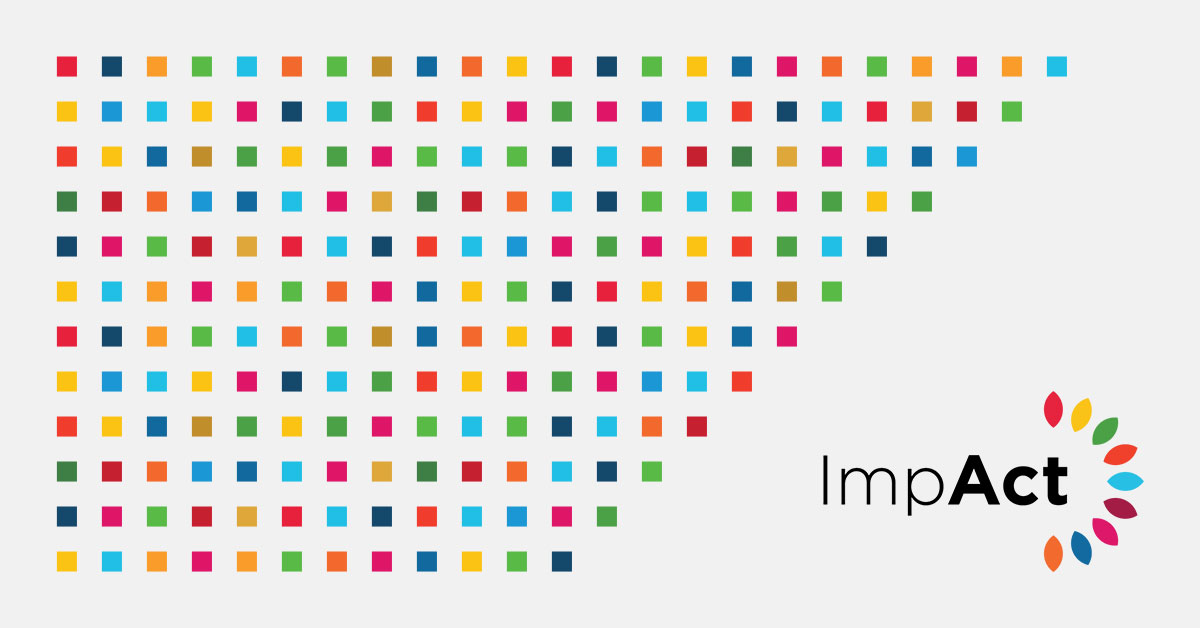Canada’s college and institute community calls for bold commitment to the 2030 Agenda and climate action in COVID-19 economic recovery plans.
The following letter was addressed to the Honourable Catherine McKenna, Minister of Infrastructure and Communities; the Honourable Jonathan Wilkinson, Minister of Environment and Climate Change; and the Honourable Steven Guilbeault, Minister of Canadian Heritage.
Dear Ministers:
We write to you as spokespersons for Canada’s colleges and institutes, a vast network of nearly 140 post-secondary institutions committed to supporting inclusive prosperity in urban, rural, remote and northern communities in every province and territory. Over 95% of Canadians and 85% of Indigenous people live within 50 kilometres of one of our facilities, where we offer learners of all ages, over 780,000 of them annually, the education and skills training they need, in over 10,000 programs, to achieve their personal goals and actively contribute to a robust economy and a resilient society.
Our national association, Colleges and Institutes Canada (CICan), is supporting its members as we join forces under the banner of the ImpAct initiative, to foster social entrepreneurship, enhance campus sustainability, and reduce barriers to access for all students in colleges and institutes across Canada. The signatories to this letter are actively engaged in ImpAct work and offer you their support in developing a green recovery.
In response to the COVID-19 pandemic, students, staff and community partners at colleges and institutes across Canada believe a coordinated and courageous national response to the 2030 Agenda for Sustainable Development is vital in economic recovery plans. We need a fair, resilient and future-proofed recovery that does not compromise progress on pressing issues such as poverty, inequalities, environmental degradation and climate change. We need to build back better to ensure well-being for all and call upon you, as the Cabinet team responsible for crafting the economic recovery plan, to lead the way.
Although our realities and experiences are different from one province or territory to another, our position on the economic recovery is united: we believe that Canada needs to re-purpose the future through a lens of well-being for all Canadians. We commend the federal government for its commitment to an economic recovery plan that accelerates the green shift. As you evaluate the current situation, we ask you to consider and engage citizens of all ages and backgrounds to contribute to a better world. We ask you to keep the 13 goals of the Federal Sustainable Development Strategy and the 94 recommendations from the Truth and Reconciliation Commission central to the plan.
The COVID-19 pandemic has highlighted the inequities in our post-secondary education system. Vulnerable individuals have been the hardest hit. Indigenous, international, and rural students without access to high speed internet or related technologies have been further separated from their networks and communities. Displaced workers, for whom online education is not always accessible, are missing their chance to reskill. This crisis has given us all a glimpse of how the adverse effects of a changing climate, including increased prevalence of pandemics, exacerbate inequalities, and we are concerned.
More than ever, the importance of the United Nations’ Sustainable Development Goals (SDGs) is clear. The SDGs provide a well-defined roadmap towards both sustainability and well-being, dual lenses through which decision-makers must envision our future. These goals will prevent disproportionate suffering when future pandemics and climate emergencies arise. Investing in Canada’s commitment to the 2030 Agenda will make us more resilient, so that our society is better equipped to deal with the next global crisis.
Healthy and resilient post-secondary institutions will play an important role in this transition. To guide our contribution, we endorse the recommendations made by over two hundred other leaders under the banner of Clean50. Clean Reset for Canada outlines a vision for a green economic future that puts health first, creates jobs for lasting prosperity, and invests in adaptation as needed. As you plan for the green shift, we recommend the following strategies:
- Adopt the Just Recovery principles and Clean Reset plan developed by Clean50.
- Update Canada’s climate targets to align with the science-based targets recommended by the Intergovernmental Panel on Climate Change.
- Augment the existing Federal Sustainable Development Strategy by applying the SDGs to all policy decisions.
- Invest in social infrastructure, to ensure no individuals or communities fall through the cracks. Develop policies and programs that promote physical and mental health, the elimination of poverty and inequity, reconciliation, social entrepreneurship, and diversity and inclusion.
- Choose physical infrastructure projects that are shovel-worthy, not just shovel-ready. Get Canadians back to work enhancing natural infrastructure and protecting ecosystems. Opt for new projects in public and active transportation and insist on net zero. Require Community Benefits Agreements that promote equity for all Canadians and drive Social Procurement. Embed the SDGs in calls for proposals and require developers to commit to the 2030 Agenda through low carbon implementation.
- Consider the principles of the Canadian Pact for a Green New Deal for all economic stimulus packages, ensuring all Canadians have opportunities in green jobs and where broadband access is equitable and reliable.
Through the ImpAct Initiative and otherwise, the Canadian college and institute sector has massive potential to contribute to Canada’s transition to the just, inclusive, net zero economy discussed above. At the earliest possible time, the undersigned would like to brief you on the priority policy and programmatic ways and means of making such a contribution. To this end, CICan’s president will reach out on our behalf to arrange a meeting. We cannot return to “business as yesterday” but must build back better to ensure “business as tomorrow” is greener and fairer for all Canadians.
We must seize the opportunity of this crisis to strengthen our commitment to implement the 2030 Agenda. By making progress on our global roadmap for a more inclusive and sustainable future, we can better respond to future crises.
Signed,
ImpAct Advisory Committee
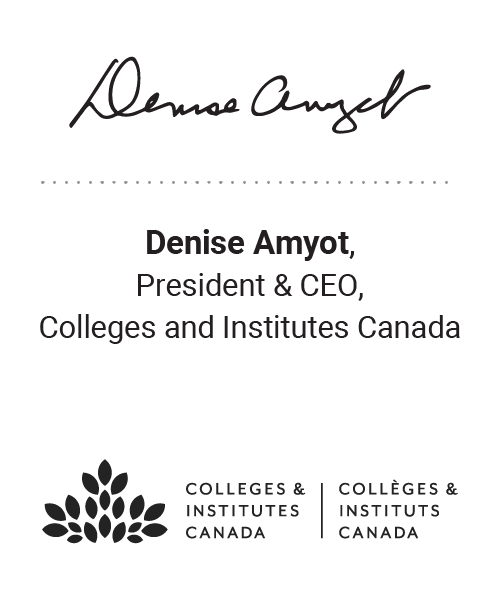

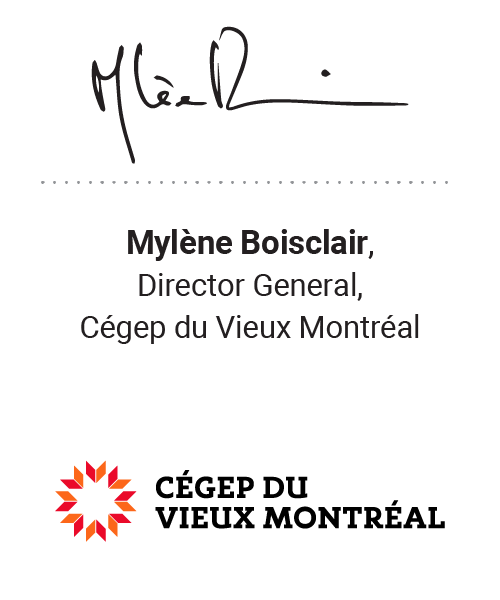
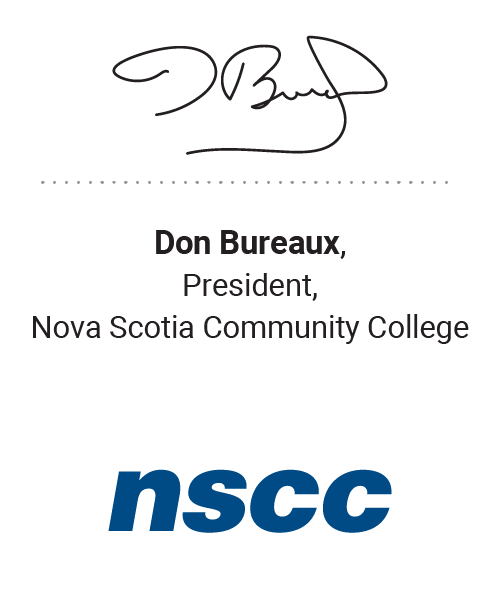





Regional Associations
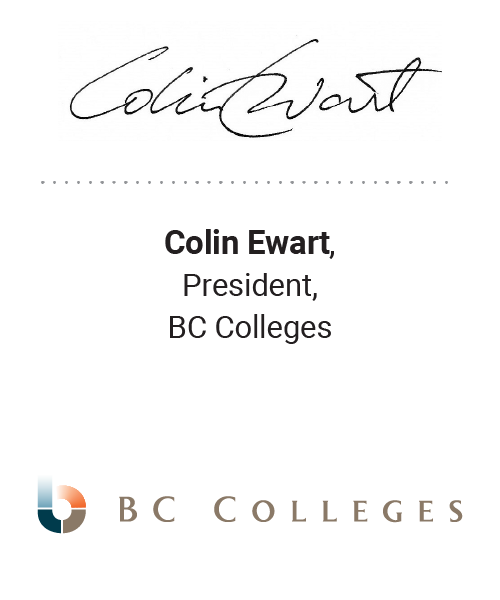
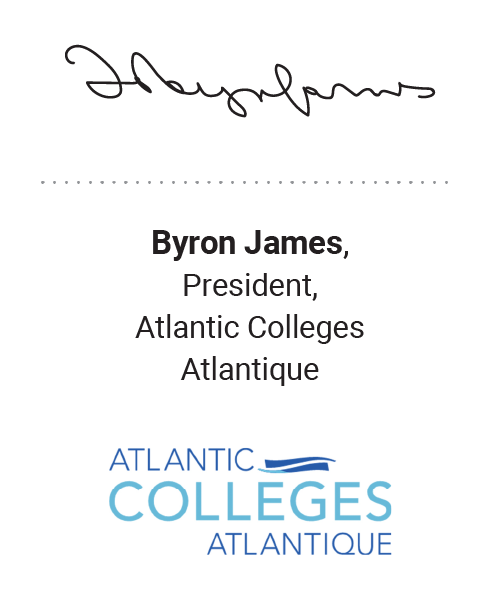
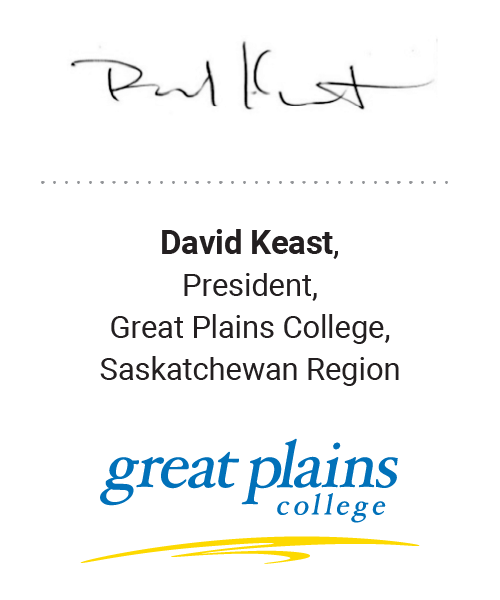
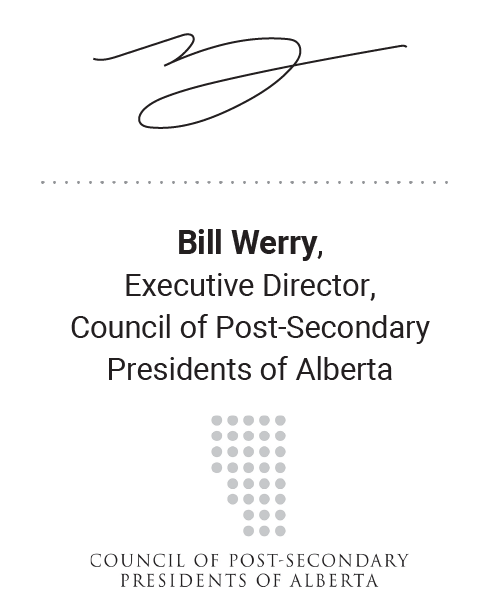
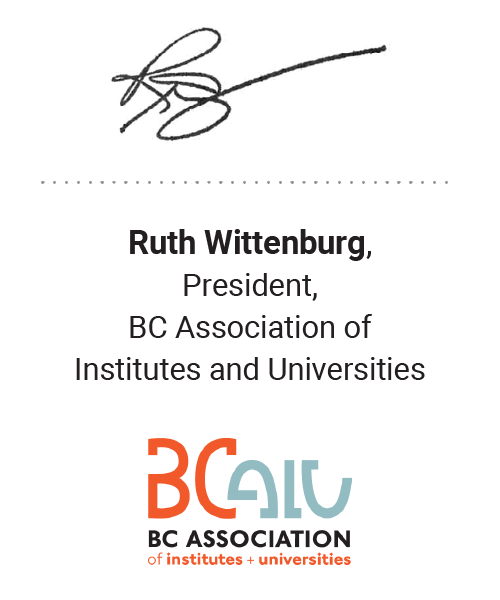
Colleges and Institutes
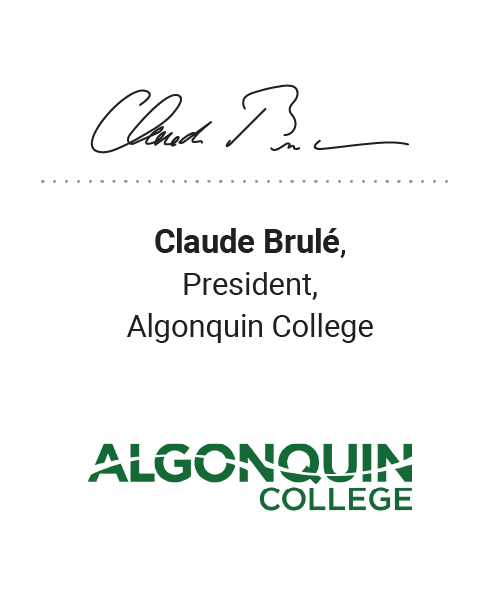
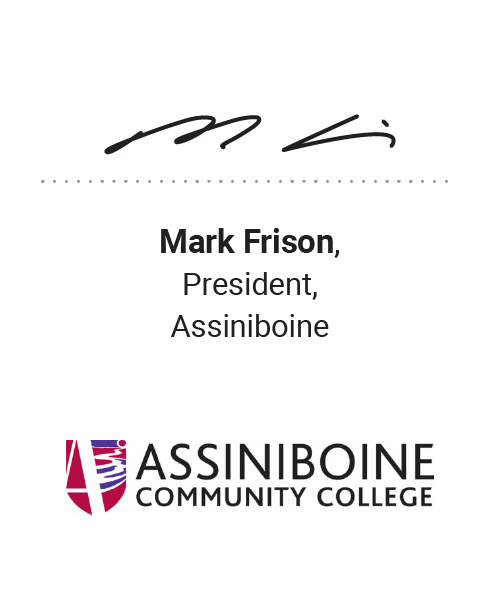
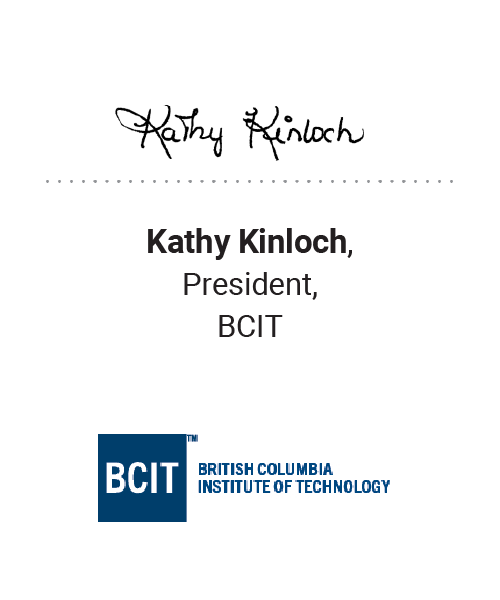


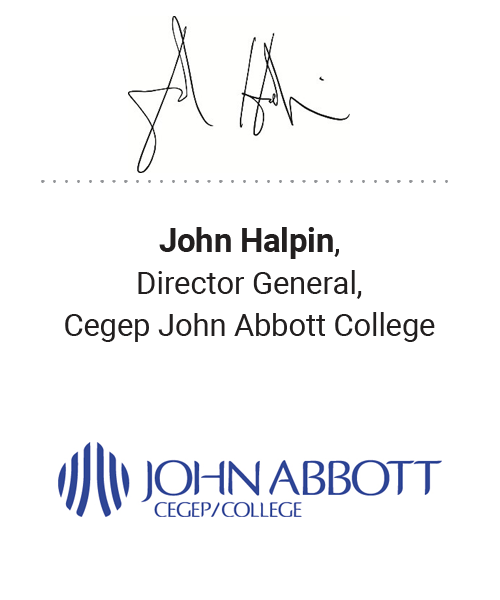
For further reference:
- CICan ImpAct program
- Clean50: Clean Reset for Canada
- Hawaii’s State Commission on the Status of Women feminist economy recovery plan: Building Bridges Not Walking on Backs: A Feminist Economic Recovery plan for COVID-19 (PDF).
- New Zealand’s well-being budget
- Canadian Science Policy Centre: Investing in Ecosystems and Green Infrastructure
- 350.org Just Recovery principles
- United Nations: Shared Responsibility, Global Solidarity: Responding to the socio-economic impacts of COVID-19 (PDF).
- The Council of Canadians: Green New Deal
- The Intergovernmental Panel on Climate Change
- Science Based Targets Initiative
- Mission Possible: The Green Climate Action Plan (PDF)

